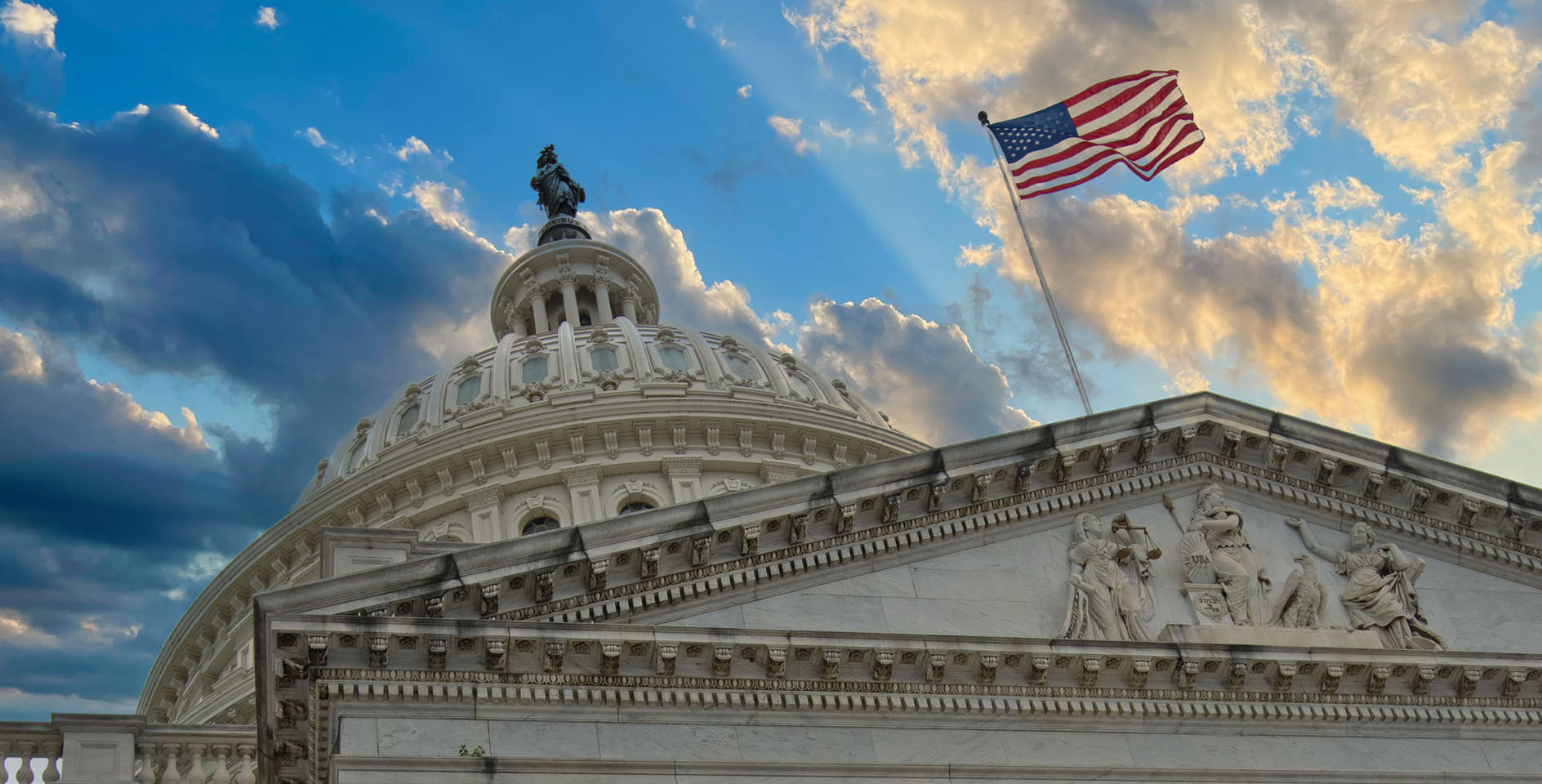I grew up fascinated with politics. I can distinctly remember watching the State of the Union as a kid with my Dad. Of course I had no real understanding of what was being said or why, but the process enchanted me. Watching men and women during the speech stand to clap while others sat, faces scrunched, captivated me. It was like watching theatre unfold before me in real time. My parents, noticing the interest, bought floppy disks of presidential speeches to watch. I memorized them, mimicked them in the mirror, and wrote fictional presidential speeches. I didn’t want to be President; I wanted to work for one. I wanted to be Sam Seaborn, not Jed Bartlet. As I grew older, coinciding with a Presidential scandal, I became aware of the “other side” of political engagement. Like meeting your favorite athlete and finding out he’s a terrible, terrible person, I was stunned. Chesterton’s quip that is a good sign for a nation when things are done badly would not have helped. A long season of cynicism sprung forth, and like crabgrass in the spring, it is not easily destroyed. Thankfully, I became a Christian when I was 17. Since that day I have always tried to find the balance between holding my faith and engaging politically. I’ve failed often, and this article is not designed as prescriptive. It’s more of a description of how I went from idolizing politics, to eschewing it, to seeing how inescapable it is for the Christian living in American society. The difficulty of loving God as a Christian and loving our neighbor was the most difficult when I thought about political engagement. How do I love the neighbor I disagree with about [Policy X]? How can love be demonstrated when I think their ideas are going to take my neighbors down a path that is damaging? Long before America was even an idea, a Bishop from North Africa wrote on an important theme that rescued my realism from cynicism.
Augustine might prove instructive for the Christian in the polis today. In his timeless tome The City of God, Augustine works from a common thread found throughout his writing: love. In The City of God, this thread is applied to two distinct cities, separated by love. The city of man is characterized by a love of self and contempt for God, while the city of God is characterized by a love of God and denial of self. Love is also a central theme in the Confessions. But it was his writings from On Christian Doctrine that has provided a framework for my life, and I think could provide the Christian a framework for political engagement. Augustine writes in On Christian Doctrine,
So anyone who thinks that he has understood the divine scriptures or any part of them, but cannot by his understanding build up this double love of God and neighbor, has not yet succeeded in understanding them.
Certainly, Augustine is writing in this context about the nature of interpreting, and understanding, the divine Scriptures. And he’s exactly right. The twin horns of loving God and loving neighbor are evident throughout the Scriptures. They are not in conflict with one another, nor does one have precedent over the other. Jesus says on both of them hang all the laws and the prophets (Matthew 22:40). May I suggest, however, the posture that Augustine suggests we take to our reading of scripture also applies to our political engagement?
The nature of the political arena is such that there will be disagreement. There will be discord. There will be an impasse of sorts. Yet, this should not discourage the Christian from entering into the fray. In reality, it provides a unique opportunity to demonstrate this double love in the polis. Christians can engage, politically, with individuals and ideas while the double love directs our hearts upward toward God (and policies that reflect the goodness of God) and outward/sideways toward our fellow members of society as we seek to love our neighbor. This double love is demonstrated, both in manner of speech and in what we contend. We concern ourselves not merely with making sure that policies we advocate are reflective of the character of God and in agreement with the Scriptures, but we also concern ourselves with how we go about engaging in dialogue with those around us. Again, I think Augustine’s double love is instructive here. Let’s look at the example of religious liberty.
Religious liberty is, at least in part, an outflow of love for neighbor. We want for our neighbors that which we want for ourselves. We want our neighbors to freely worship, pray, and speak because it is good for them and for society to be able to exercise such things without hindrance or fear of marginalization. Love of neighbor is more than merely assuring that the person has the bare necessities of life, but that they are indeed flourishing. This is not merely an Aristotelian notion carried over into Christendom; it’s part of what it means to live as the people of God in exile. Christians concern themselves with loving and caring for the society where God has planted his people. This has been missed at various points in America’s past, and we should not skate over those moments. We have had our dark days where we cared for self over neighbor, found faulty hermeneutical warrants for its justification, and consequently structured injustice among wide swaths of American society. But even this, it seems, misses Augustine’s double love. The understanding of the Scriptures builds up a double love, and in doing so never tears down the humanity God has made as His image bearers.
The daunting trajectory of religious liberty is one that will not only befall Christians in American society, but also our fellow neighbor, with whom we are called to love as ourselves (Matthew 12.28-34). A society that honors the beliefs, ideas, and practices of its religious citizens to be free and unencumbered is one that honors the dignity of the whole person, and I believe that God wants whole people. Certainly he desires all to come to repentance (2 Peter 3:9), but love of neighbor is, in part, standing next to fellow citizens when they are muzzled because of compelling interest.
This, then, means that Christians should press back against political philosophies that seek to limit religious participation in the political square because they may place an undue burden on other religious citizens. This burden may be slow acting, but over time such a power does not merely destroy but prevents existence, as Alexander de Tocqueville wrote. It “compresses, enervates, extinguishes, and stupefies a people, till each nation is reduced to nothing better than a flock of timid and industrious animals, of which the government is the shepherd.” Loving neighbor means speaking in opposition to such ideas, even as one holds their opponents in their hearts. It also means celebrating when Catholic, Jewish, or religious citizens have the freedom to express ideas that fundamentally clash with principled beliefs of their own.
Further, dialogue with interlocutors should honor the image of God in the person. Disagreement is welcomed; denigration is not. An idea on paper cannot be seen as merely an idea. Conversations often discourse about the consequences of ideas, and that’s perfectly fine. But this can quickly trail off into “ideas have consequences, and so the people holding such ideas are dangerous.” While history demonstrates this warning to be true for some, it is not a cart blanche case. Ideas are not mere abstract concepts. Rather, they have faces. They have mortgages, families, hopes and dreams. The double love provides a biblical ground to reject political philosophies that are problematic at best, dangerous at worst. It also allows one to reject the political philosophy without rejecting the person. “Persons” and “ideas” are not interchangeable terms. They cannot be.
Given recent events in the last few years, the nature of religious belief and political exchange is no longer a back burner issue, but rather front and central. As Kings College President Gregory Thornbury has stated, Christians are legatees of a great inheritance. As aspect of this inheritance includes a love of neighbor in the polis, not solely those in potluck line. Augustine instructs that our participation in political engagement must be characterized by a love of neighbor that is concurrent with a love of God. Sometimes this may mean standing up in disagreement to policies or ideas that are winning the day. Other times it will mean standing next to a nun because the policies set forth will cause her to violate her conscience long before it violates mine. In any case, let us be able to say with Augustine: “Pondus meum amor meus”: my weight is my love.










